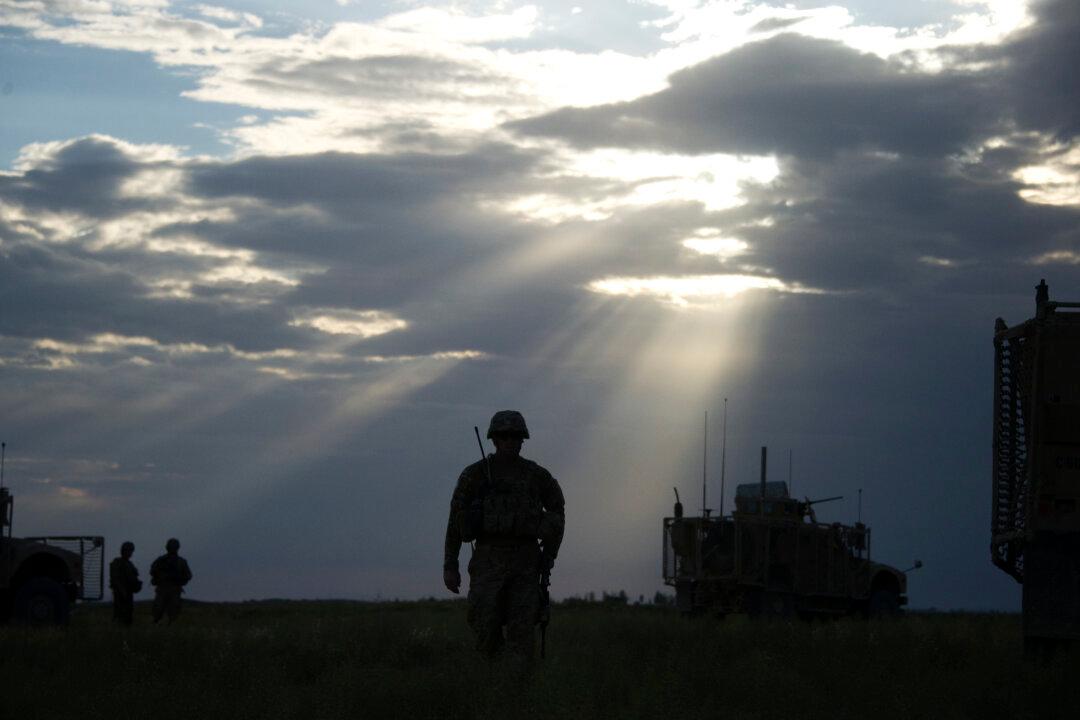Commentary
For the past few weeks, the news has been all-consuming. The House impeachment hearing, the Horowitz report, and the election in the United Kingdom have dominated the news cycle.


For the past few weeks, the news has been all-consuming. The House impeachment hearing, the Horowitz report, and the election in the United Kingdom have dominated the news cycle.